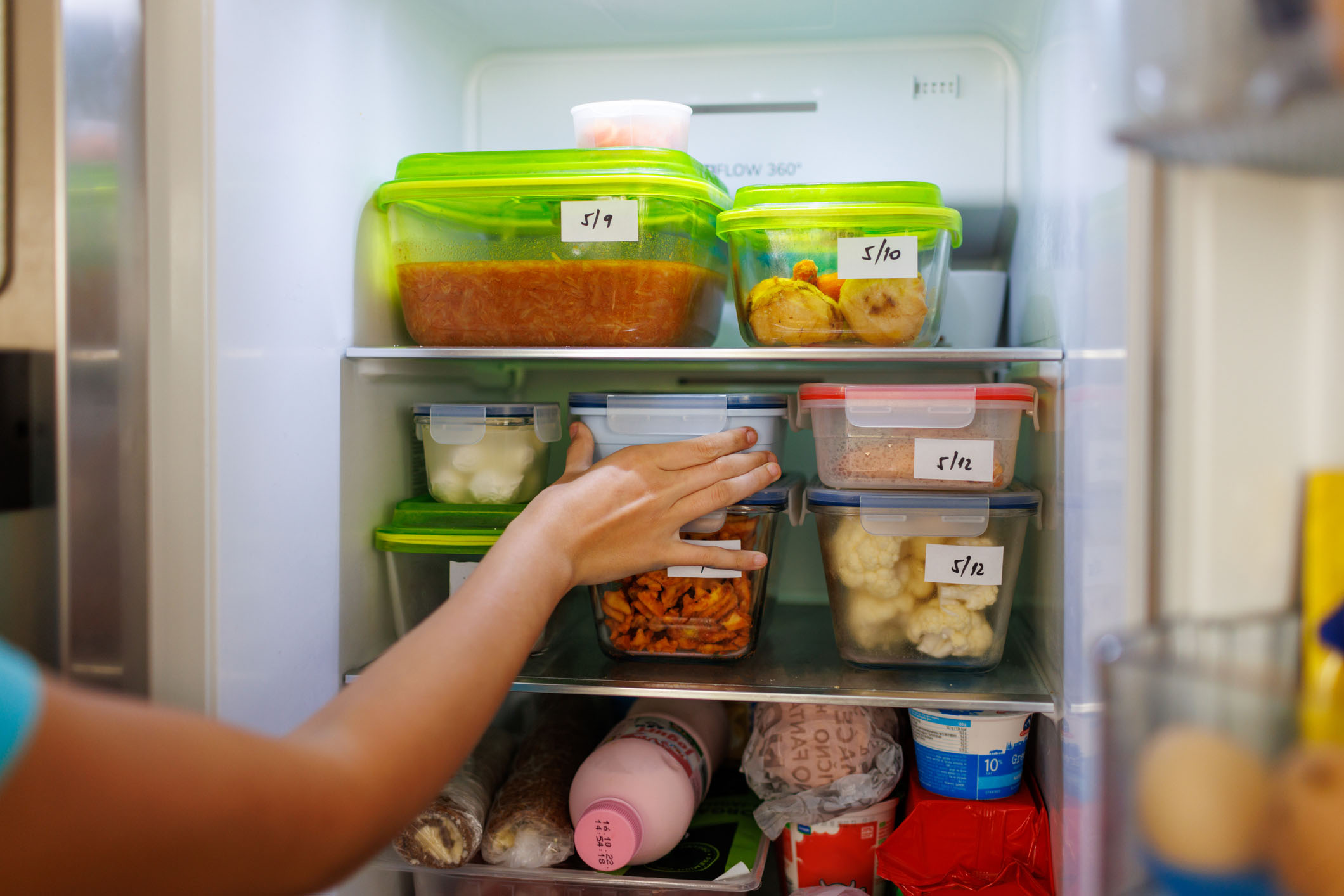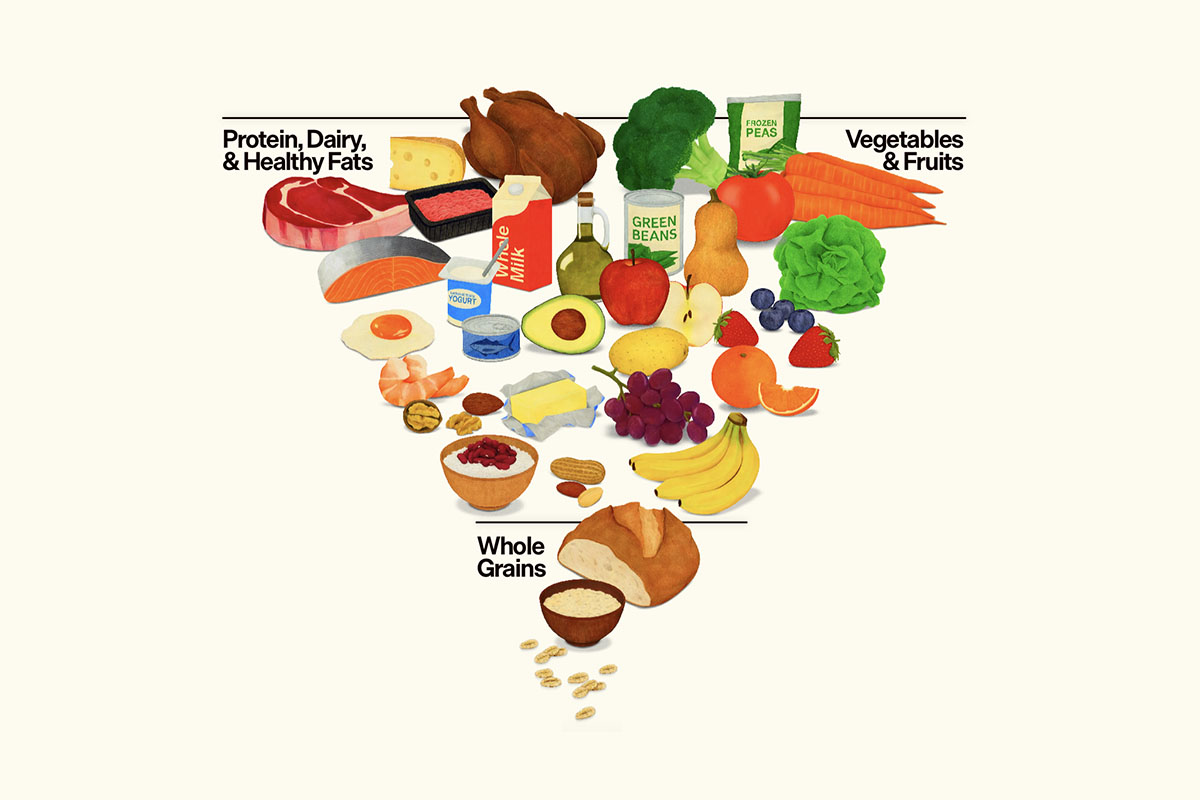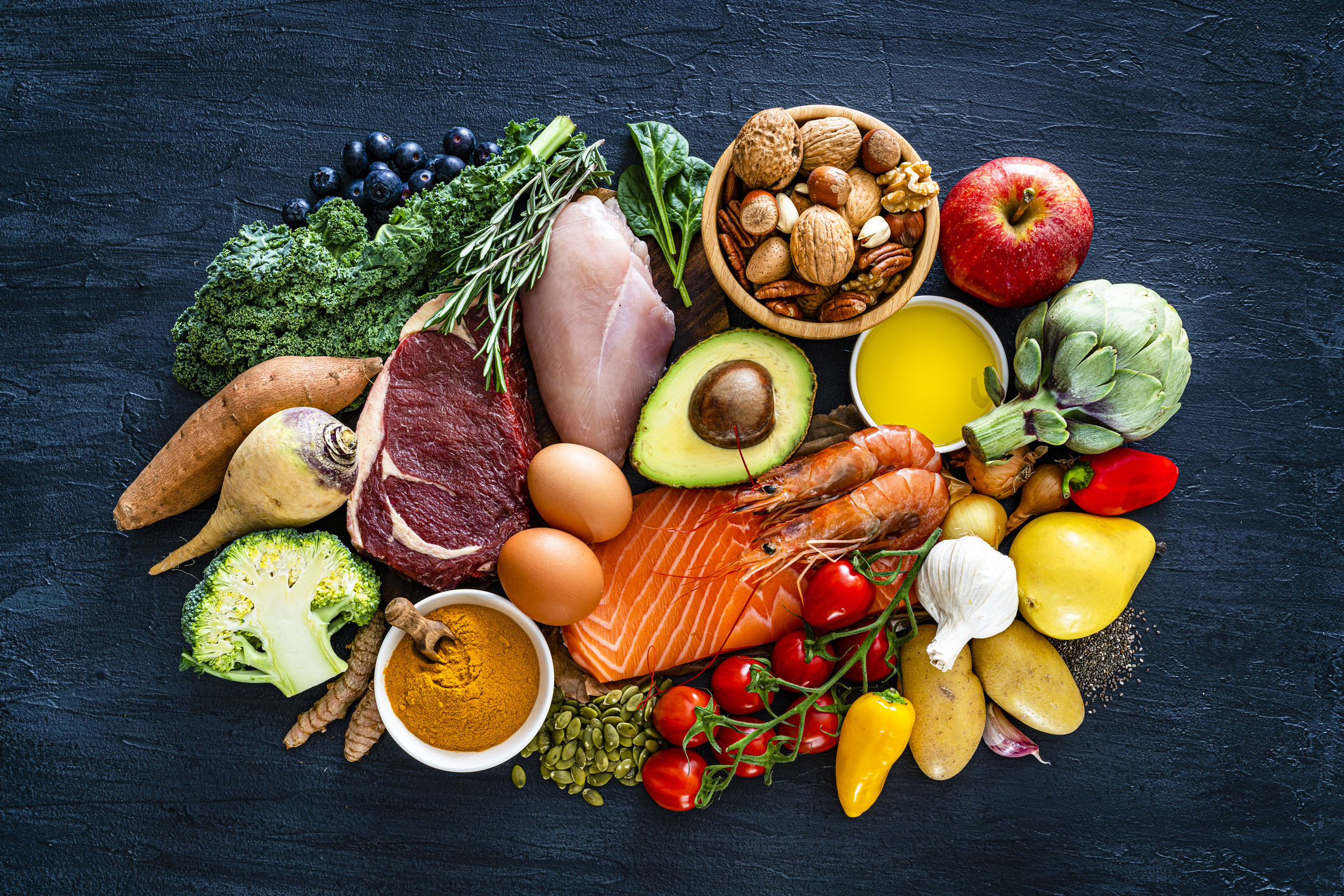A frequent question I get from my patients is, “I don’t have time to cook every day. How can I possibly implement my prescribed diet?”
The simple answer is you don’t have to cook every day. Full disclosure: I like to cook but don’t necessarily feel like cooking dinner every night nor breakfast every morning.
We are as busy as ever with our work lives and activities amidst the holidays. A good strategy to make the most efficient use of your valuable time is to plan ahead. Do a big grocery shopping one day a week with a list. Then pick two or maybe three days per week when you’ll cook. Here are some of my favorite tips for making sure there’s always food at the ready during your busiest days.
Sheet tray cooking: Roasted vegetables are absolutely scrumptious! Pick your favorite vegetables to roast in the oven and chop them up into similar-sized pieces for even cooking. Cauliflower, Brussels sprouts, zucchini, broccoli, peppers, onions, carrots, acorn or butternut squash, sweet potatoes. Toss them all together in a bowl with salt, pepper, olive oil, thyme, rosemary (or other seasonings you may prefer with your veggies). Line a baking sheet with parchment paper for easier clean-up and place the vegetables in a single layer. Bake in a preheated oven at 400 degrees F and after 25 to 40 minutes you’ve got a huge tray of roasted vegetables. Need more than one tray of vegetables, make two! You’ll easily get three to four days of side dishes to eat with your main course.
Salads are easy: Take your triple-washed arugula or mixed lettuces and dump them into a big bowl or storage container. Chop cucumbers, radishes, celery, carrots, onions, parsley, and dill (I use herbs in all my salads—they’re highly underrated). Don’t dress the salad—keep it in the fridge and only take out the portion you’ll be having with your meal and dress it then. That way, the leftover greens don’t get soggy. You’ve easily got a couple of days’ worth of leftover salad.
And now for the main courses: Roast beef or chicken? Yes please—both. You can roast them at the same time in your oven so you have a variety of protein sources for lunches and dinners for the next three to four days. You basically season them up with salt, pepper, and your favorite spices. A perfectly roasted 3 1/2 to 4-pound chicken takes about an hour to an hour and 20 minutes in a preheated 400 degree F oven (your oven temp and time will vary). Similar time and temperature for a roast beef of similar weight. You can apply this same cooking method to a lamb roast.
Ideally, for anything you’re cooking you want to simply make more of it so you have plenty of leftovers. Cook several salmon, flounder, or cod fillets to have over a couple of days, make a big pot of soup or stew.
For breakfast, you can always have hard-boiled eggs at the ready in your fridge. Or make a frittata ahead of time and warm it up the next morning. Heck, eat the leftovers of your lunch and dinner for breakfast.
Plan to cook a large amount of food that will last you three days on average. That way you’re only cooking twice or maybe three times per week. Plan ahead and have your shopping list ready so you’ll have all your ingredients on hand.
To your health!








